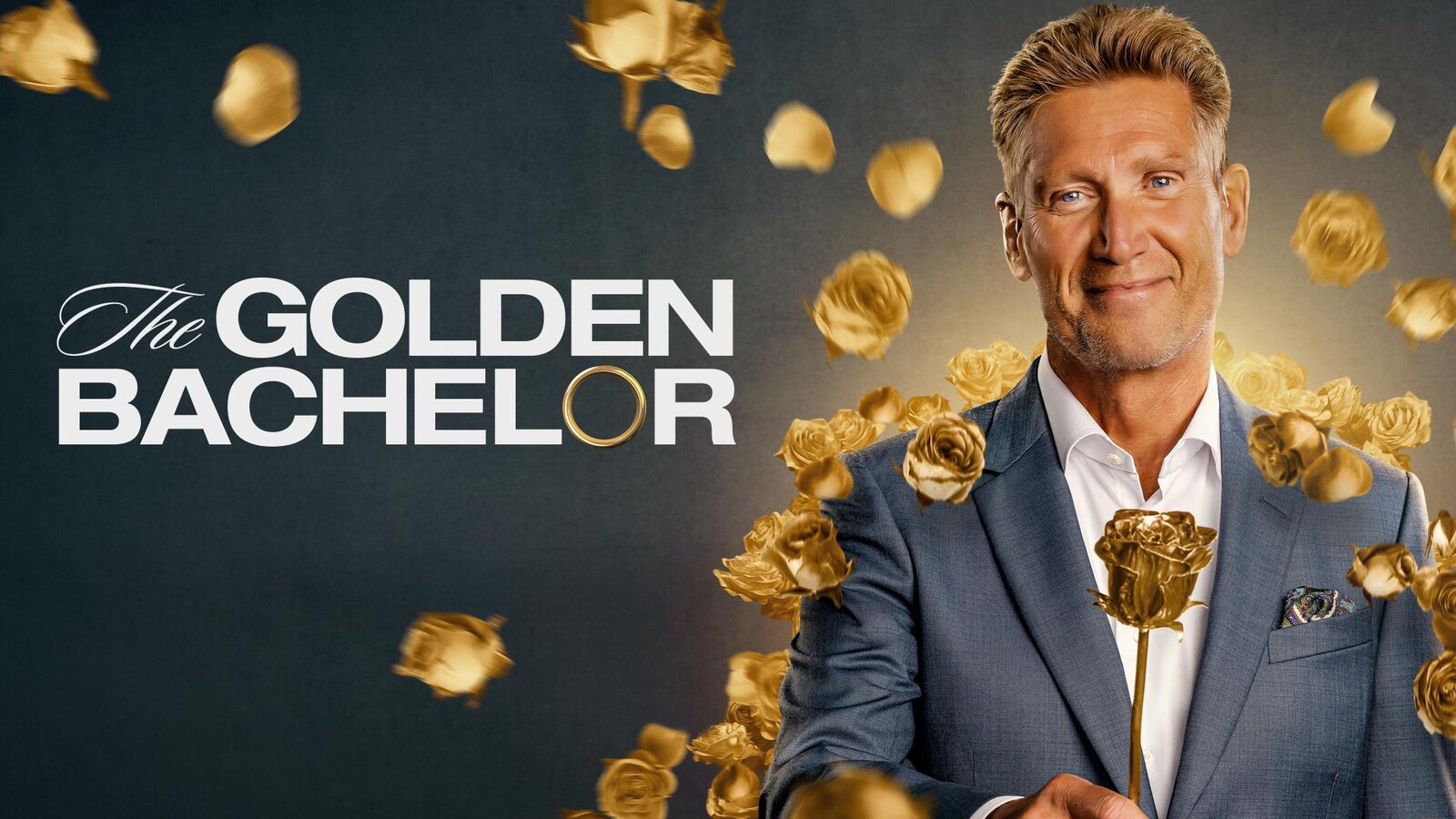In the crowded landscape of reality television, one format has remained a stalwart for years: the dating show. Among the pioneers of this genre is The Bachelor, a program that first aired in 2002 and has since become a cultural phenomenon, spawning multiple The Golden Bachelor spinoffs such as The Bachelorette and Bachelor in Paradise. But in 2023, a new version emerged that took the familiar format in an unexpected direction: The Golden Bachelor. This show adds a refreshing twist by focusing on older individuals looking for love, challenging stereotypes and offering a nuanced view of romance in the later stages of life. https://ew.com/
The Concept Behind The Golden Bachelor

The Golden Bachelor turns the spotlight on Gerry Turner, a 71-year-old retired restaurateur from Indiana, who becomes the first senior Bachelor. Instead of the usual young contestants in their twenties or thirties, the women vying for his affection are in their sixties and seventies. This shift changes the dynamics of the show, placing a greater emphasis on emotional connection, The Golden Bachelor shared life experiences, and the joys and challenges of finding companionship later in life.
The idea behind The Golden Bachelor is both simple and revolutionary. The creators recognized a gap in the market: while romance and dating are universal themes, they are often portrayed as the domain of the young. Older adults, despite having rich life experiences and a desire for connection, are frequently underrepresented in popular culture, especially in the romantic arena. The Golden Bachelor aims to change that narrative by showing that love, https://ew.com/2024-creative-arts-emmys-winners-list-8707410excitement, and the desire for partnership don’t fade with age.
Why The Golden Bachelor Is a Game Changer

The cultural significance of The Golden Bachelor goes beyond just showcasing older contestants. The show challenges several pervasive myths about aging, especially when it comes to relationships and love.
- Debunking Ageist Stereotypes
Society often holds the belief that love and dating are primarily for the young, with older adults being relegated to asexual or purely platonic roles. The Golden Bachelor directly confronts this notion, portraying older adults as passionate, vibrant, and emotionally complex individuals. By casting people in their golden years, the show encourages viewers to rethink their assumptions about aging and romantic relationships. It sends The Golden Bachelor a powerful message: love is timeless, and the pursuit of connection doesn’t have an expiration date. - Highlighting Life Experience
In many traditional Bachelor seasons, the drama often revolves around the contestants’ relative lack of life experience, leading to conflicts driven by immaturity or misunderstandings. With The Golden Bachelor, the stakes feel different. The participants have lived full lives, often with children, careers, and even previous marriages behind them. https://ew.com/super-bowl-2024-performers-usher-halftime-reba-mcentire-national-anthem-8546391
This brings a different depth to their conversations and relationships, as they are not only seeking a romantic partner but also someone with whom they can share their remaining years. - Emphasizing Emotional Connection Over Physical Attraction
While physical attraction has always been a key component in The Bachelor franchise, The Golden Bachelor shifts the focus toward emotional connection and shared values. As people age, the qualities they seek in a partner often evolve, with companionship, trust, and compatibility becoming more important than fleeting physical attraction. The contestants on The Golden Bachelor are not just looking for a fun fling; they want a partner who understands their needs, shares their interests, and is committed to building a meaningful future together. https://ew.com/the-golden-bachelorette-cast-joan-vassos-season-1-exclusive-8692868 - Addressing the Realities of Aging
The Golden Bachelor doesn’t shy away from the realities of aging, including the loss of loved ones, health challenges, and the inevitable march of time. Gerry Turner himself is a widower, and his story resonates with many viewers who have experienced similar losses. The show offers a candid portrayal of how these life experiences shape individuals, making the quest for love more poignant and emotionally resonant. Instead of ignoring the difficulties of aging, The Golden Bachelor embraces them, showing that it’s never too late to find joy, connection, and even a second chance at love.
The Audience’s Response

From the moment The Golden Bachelor was announced, it garnered significant attention. Viewers were intrigued by the idea of seeing older contestants on a dating show, a demographic that had been largely overlooked in mainstream media. The response has been overwhelmingly positive, with many praising the show for its heartwarming portrayal of senior citizens and the dignity with which it handles their stories.
Social media buzzed with comments from viewers who appreciated the refreshing take on the dating show format. Many found it inspiring to see older adults pursuing love, proving that romance isn’t just for the young. In an era where youth is often idolized, The Golden Bachelor stands out by celebrating a stage of life that is too often overlooked.
The Challenges and Opportunities of The Golden Bachelor

While The Golden Bachelor has been a hit, it also faces unique challenges. For one, the traditional formula of The Bachelor—with its whirlwind romances,https://ew.com/movies/oppenheimer-who-plays-who-biopic-christopher-nolan/ exotic dates, and dramatic rose ceremonies—may not translate as seamlessly to an older audience. The pace of relationships might be different, and the emotional stakes may be higher, given that the contestants have less time to “waste” on fleeting relationships.
However, these challenges also present opportunities. The Golden Bachelor can offer a deeper exploration of what it means to find love later in life, focusing on the quality of relationships rather than the quantity of drama. The slower pace, the thoughtful conversations, and the emotional depth can make for compelling television that resonates with viewers of all ages.
Additionally, the show has the potential to open the door for more inclusive representations of love. With the success of The Golden Bachelor, we may see more diverse portrayals of relationships on television, from older couples to LGBTQ+ romances, challenging the traditional molds that have long dominated the genre.
The Broader Impact on Society
Beyond its entertainment value, The Golden Bachelor has the potential to influence societal attitudes toward aging. In a world where older adults are often marginalized, the show provides a platform to showcase their vibrancy, resilience, and capacity for love. It challenges ageism and encourages viewers to see older adults as fully rounded individuals with hopes, dreams, and desires.
Moreover, The Golden Bachelor could inspire real-world change in the way we think about relationships, dating, and companionship in later life. As people live longer, healthier lives, the desire for connection and intimacy doesn’t fade. Shows like The Golden Bachelor can help normalize the idea that finding love later in life is not only possible but also deeply rewarding.
Conclusion
The Golden Bachelor represents a bold new direction for reality television. By centering older adults in the quest for love, the show breaks down ageist stereotypes, offers a more nuanced portrayal of relationships, and celebrates the enduring power of love at any age. It reminds viewers that the search for connection is a lifelong journey and that no matter how old you are, there’s always room for new beginnings.


